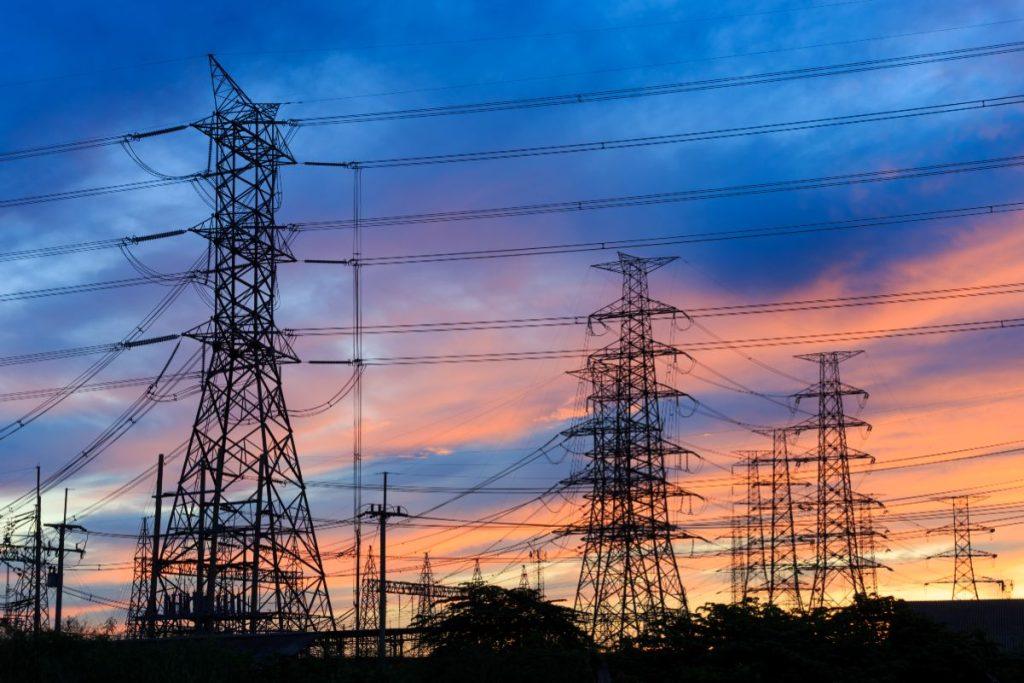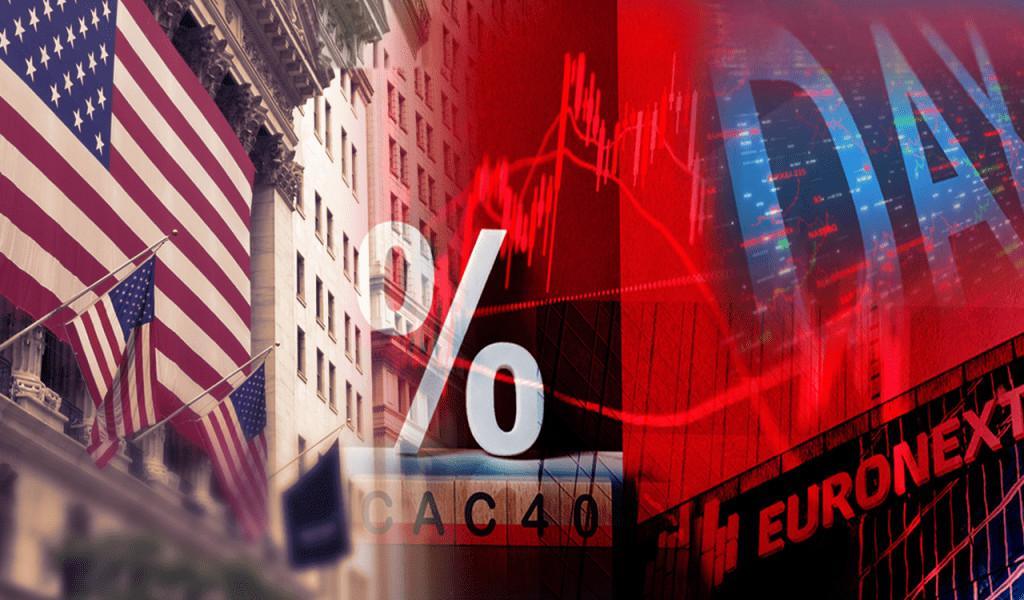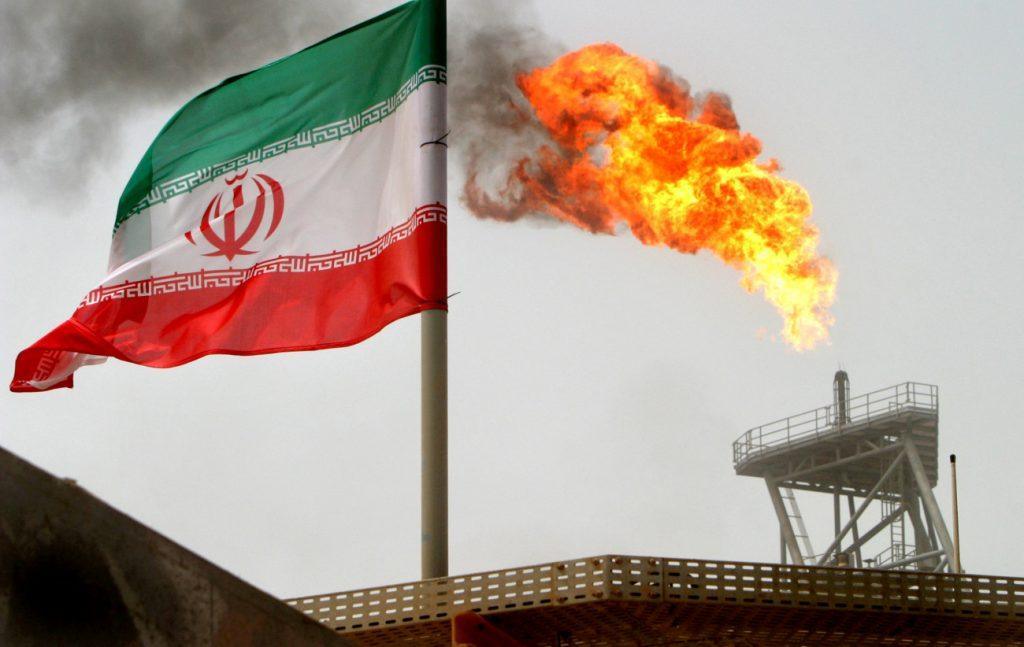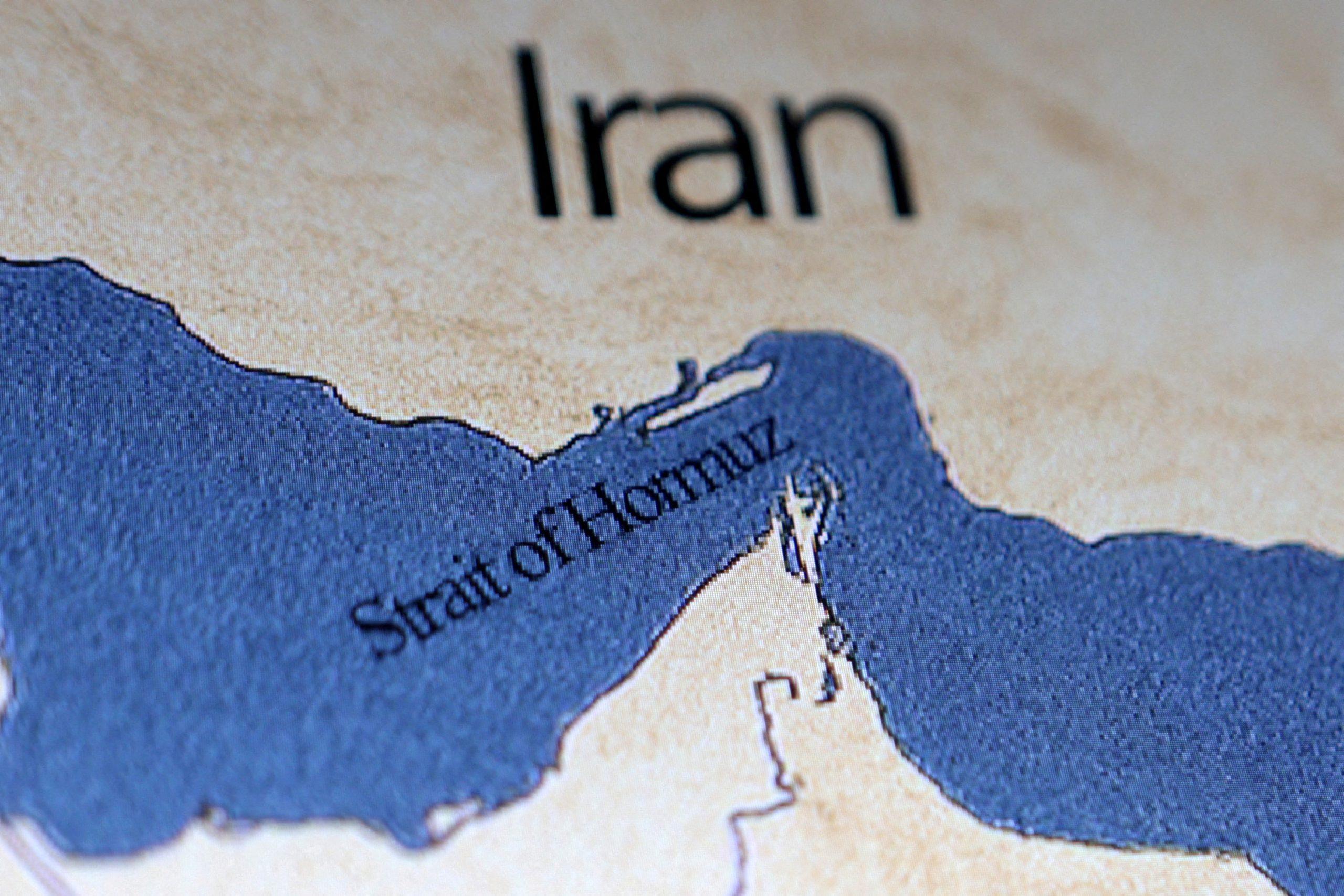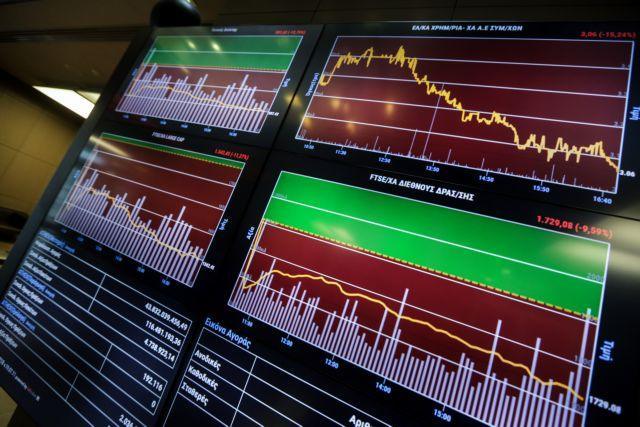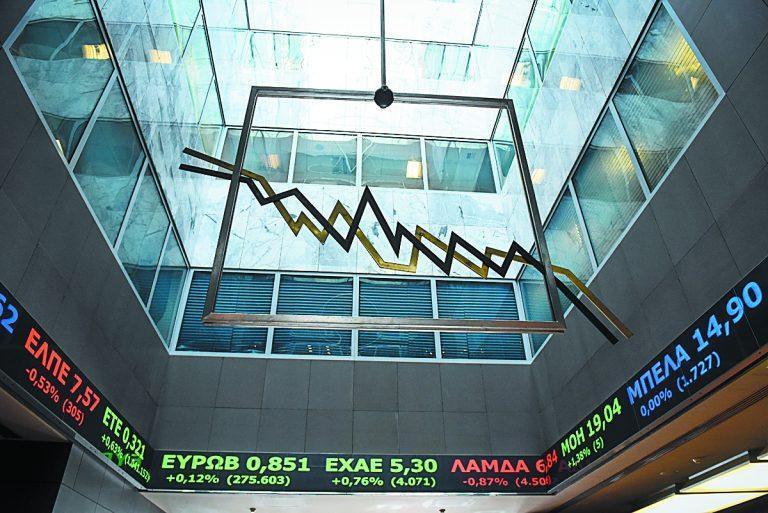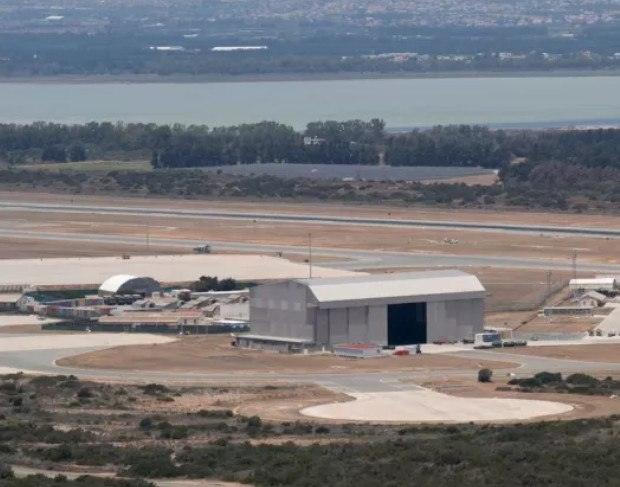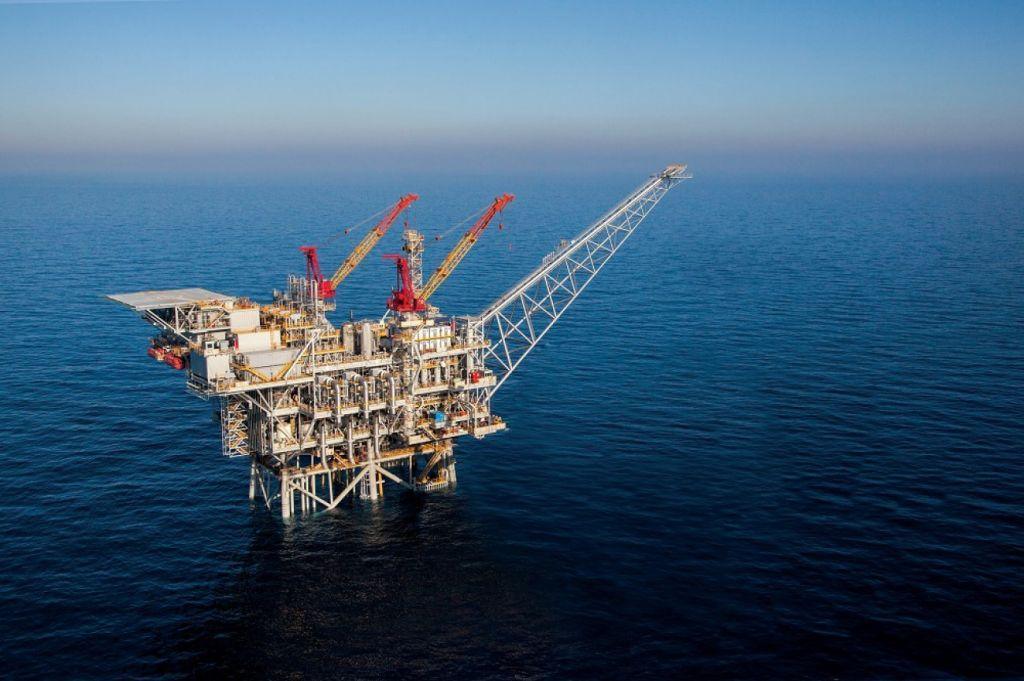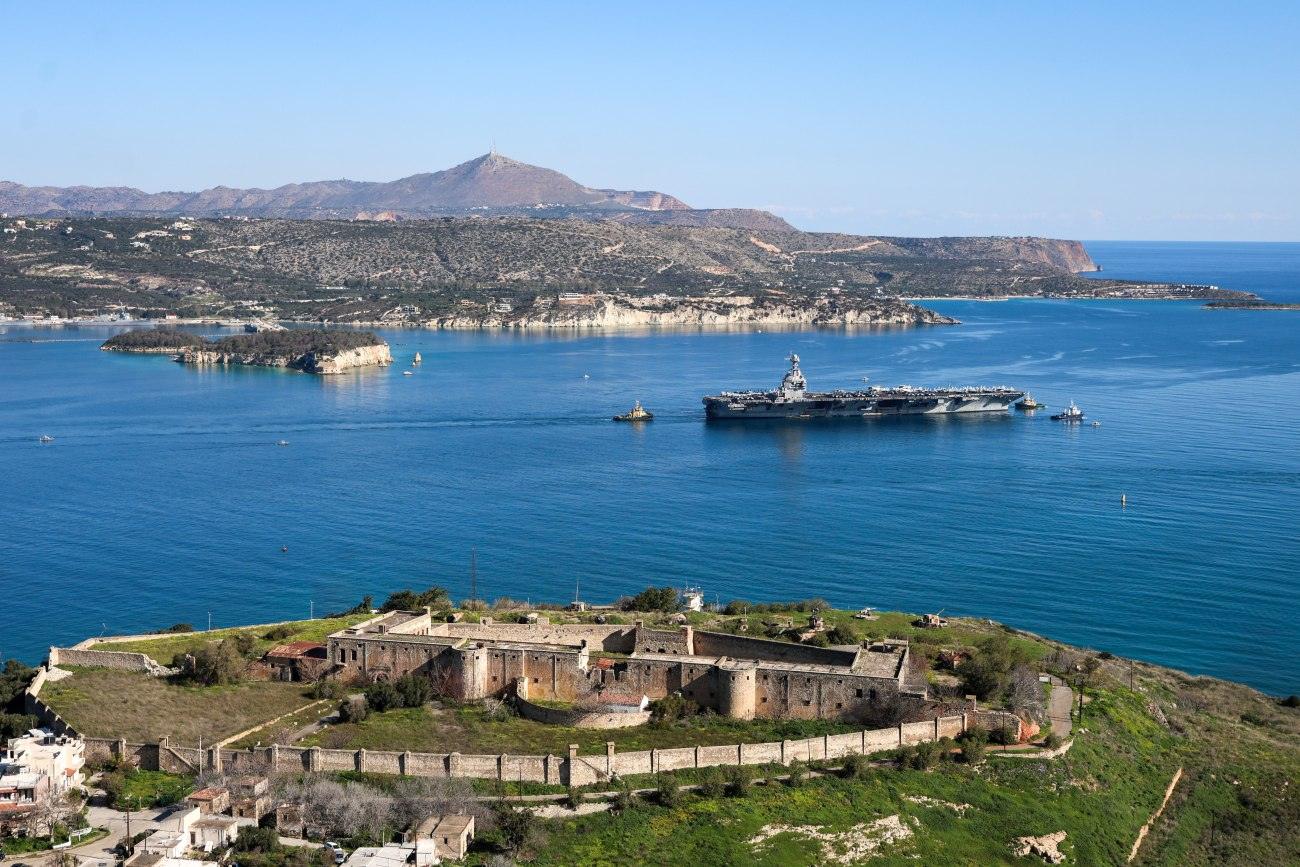Electricity prices are soaring across Europe, with prices in Greece having surged by 34.5% in a single day, setting the average day-ahead market price at 141.58 euros per megawatt-hour (MWh). At peak hours, prices climbed to 425.83 euros/MWh, marking one of the steepest increases in recent months.
A Continental Shockwave
The surge was not limited to Greece. Energy exchanges across Europe turned red, recording unprecedented price hikes. In Romania and Bulgaria, prices rose by 43%, reaching nearly 142 euros/MWh. Serbia and Croatia saw jumps of 48% and 47%, with prices hitting 145 euros/MWh and 133.21 euros/MWh, respectively.
Hungary recorded a 36% rise to 136.17 euros/MWh, while Austria faced a 55% surge to 134.77 euros/MWh. Germany was up 37% to 122.72 euros/MWh. The steepest increases were seen in Lithuania and Latvia, where prices skyrocketed by 131%. Even typically stable Nordic markets like Norway and Denmark were not spared.

Why Prices Are Soaring
Analysts point to unusual weather conditions as the main culprit. A period of calm winds across Europe has effectively stalled offshore and onshore wind farms in the North and Baltic Seas, cutting off a major source of cheap renewable electricity.
With renewables sidelined, natural gas plants are filling the gap—tying European economies to a costly and volatile fossil fuel at a critical time. Given the interconnected nature of Europe’s energy markets, local weather disruptions are now felt continent-wide.
The Situation in Greece
For September, Greece’s average electricity price is 90.99 euros/MWh, up nearly 19% from 73.73 euros in August. Households are bracing for higher bills in October, depending on suppliers’ pricing policies.
Relief Through Discounts?
Many power providers offered steep discounts this month, easing the burden on households. Market observers suggest major suppliers may again resort to such measures to soften the blow of soaring wholesale costs.
Source: tovima.com
